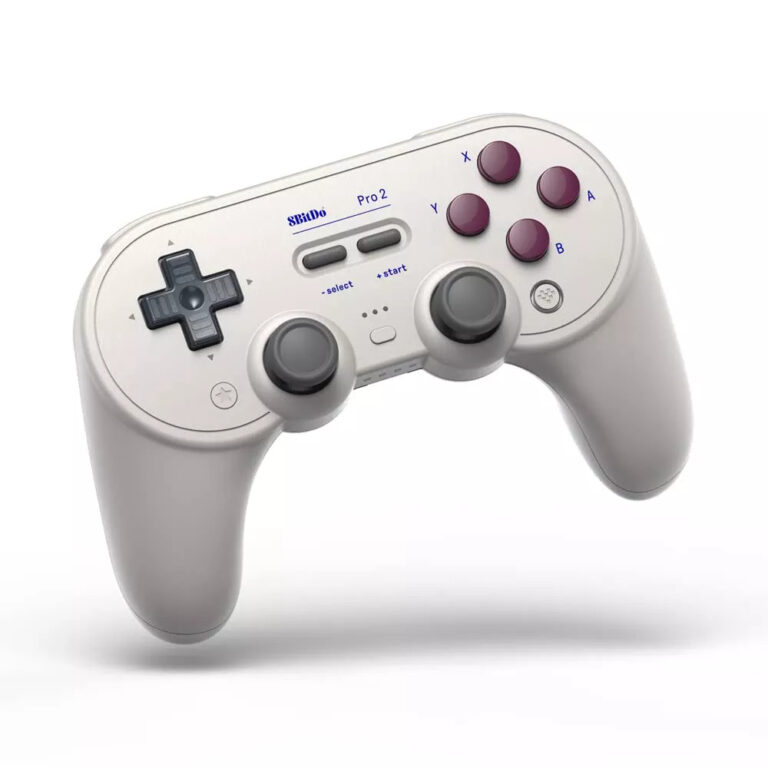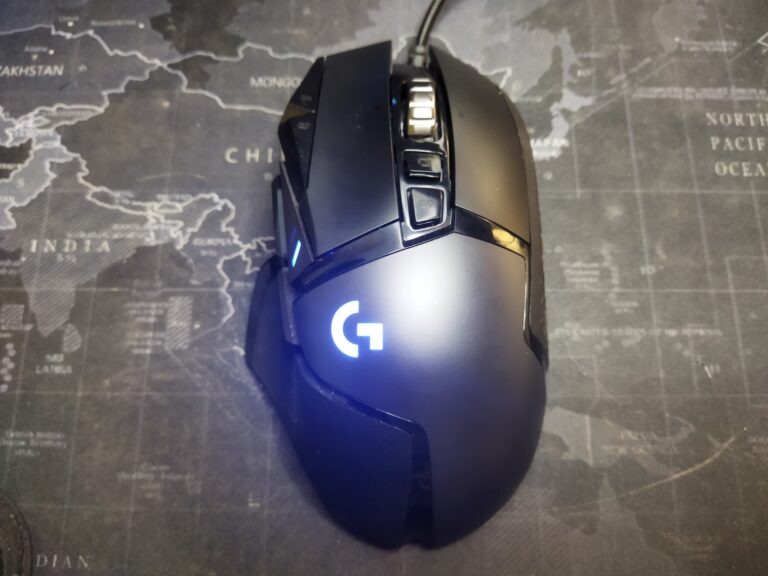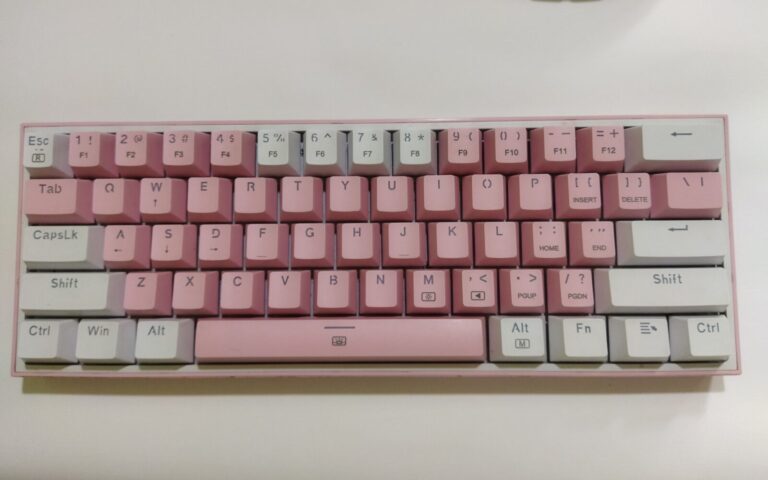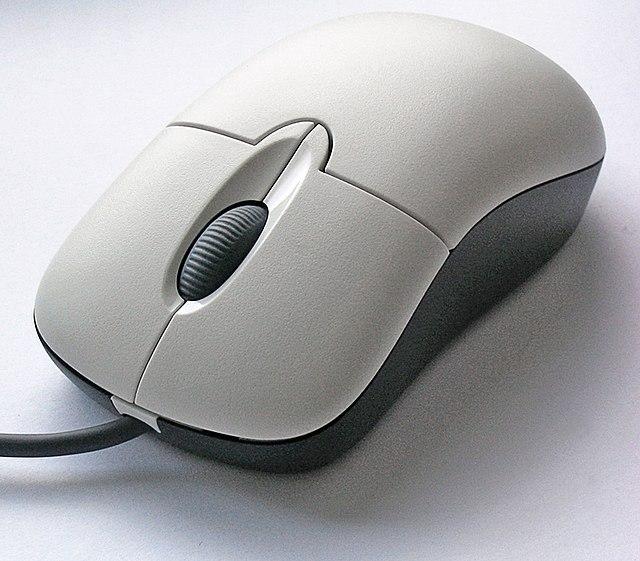What is the Average Weight for a PC
The Range of Gaming PC Weights
Gaming PCs come in various shapes and sizes, and as a result, their weights can vary significantly. On average, a gaming PC weighs between 15 to 50 pounds (6.8 to 22.7 kilograms), but it’s essential to understand that this is a broad range. The actual weight of a gaming PC can fall anywhere within this spectrum, depending on several key factors.
Case Size
The first and most obvious factor that influences the weight of a gaming PC is its case size. Smaller form factor PCs, such as Mini-ITX builds, tend to be lighter than their larger counterparts, like full-tower or mid-tower cases. The reduced physical space in Mini-ITX cases means fewer materials are used, resulting in a lighter overall build.

Components
The components within the gaming PC play a pivotal role in determining its weight. High-end gaming PCs often feature powerful graphics cards, robust power supplies, substantial cooling solutions, and multiple storage drives. These components can add considerable weight to the PC.
- Graphics Card: Modern gaming PCs are often equipped with hefty graphics cards, particularly those designed for 4K gaming or professional workloads. These cards can weigh several pounds due to their intricate cooling solutions and extensive hardware.
- Power Supply Unit (PSU): A high-wattage power supply is essential for gaming PCs, especially when they contain power-hungry components. These PSUs are generally heavier due to their larger capacities and increased internal components.
- Cooling Solutions: Gaming PCs, particularly those designed for overclocking, may feature advanced cooling systems such as liquid cooling setups. These systems include radiators, pumps, and coolant, adding weight to the PC.
- Storage Drives: Hard drives and solid-state drives, though not particularly heavy on their own, can contribute to the overall weight when multiple drives are installed.
Cooling Solutions
Cooling is critical for maintaining the performance and longevity of gaming PCs, especially those designed for high-end gaming or content creation. As mentioned earlier, liquid cooling systems can add weight to the PC due to their complex components. However, even air cooling solutions, like large heatsinks and multiple fans, can increase the overall weight of the PC.
In conclusion, the average weight of a gaming PC falls within a wide range of 15 to 50 pounds, with multiple factors influencing where a specific build lands within this range. These factors include case size, components, cooling solutions, customization, and external accessories. As gaming technology continues to advance, we can expect to see further innovations that may impact the weight of gaming PCs. Understanding these factors can help gamers make informed choices when building or upgrading their rigs, ensuring they get the performance they desire without being weighed down by unnecessary bulk.







